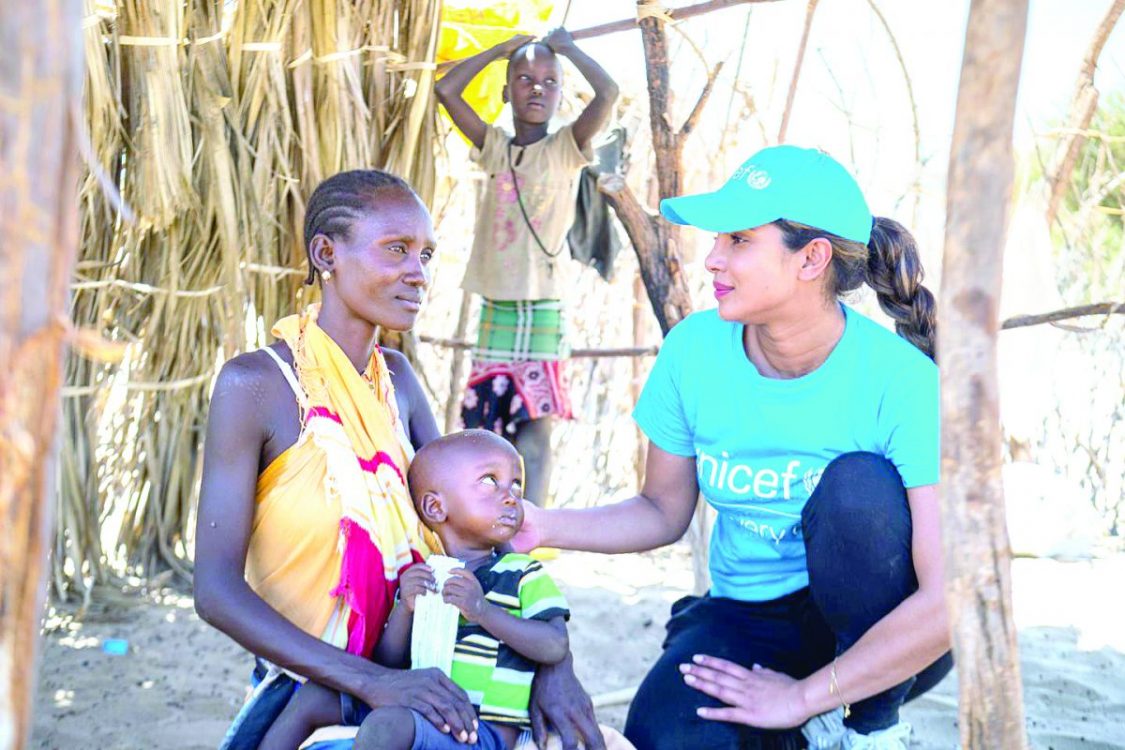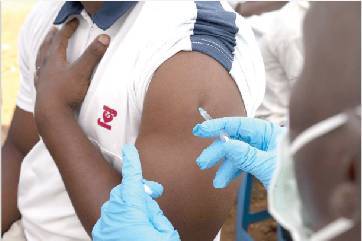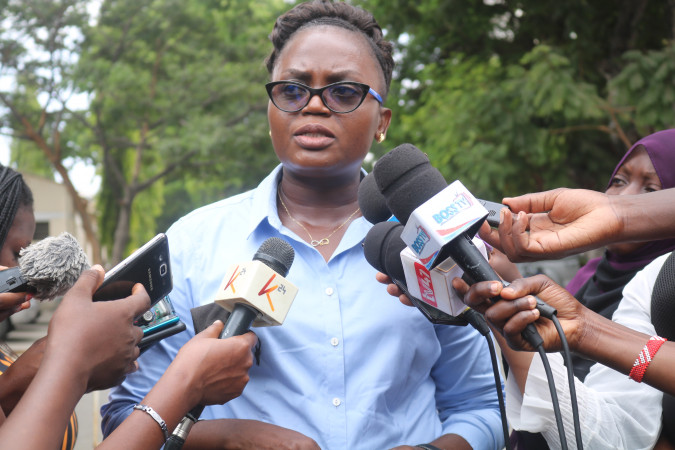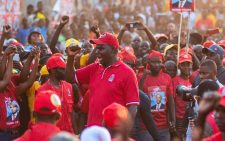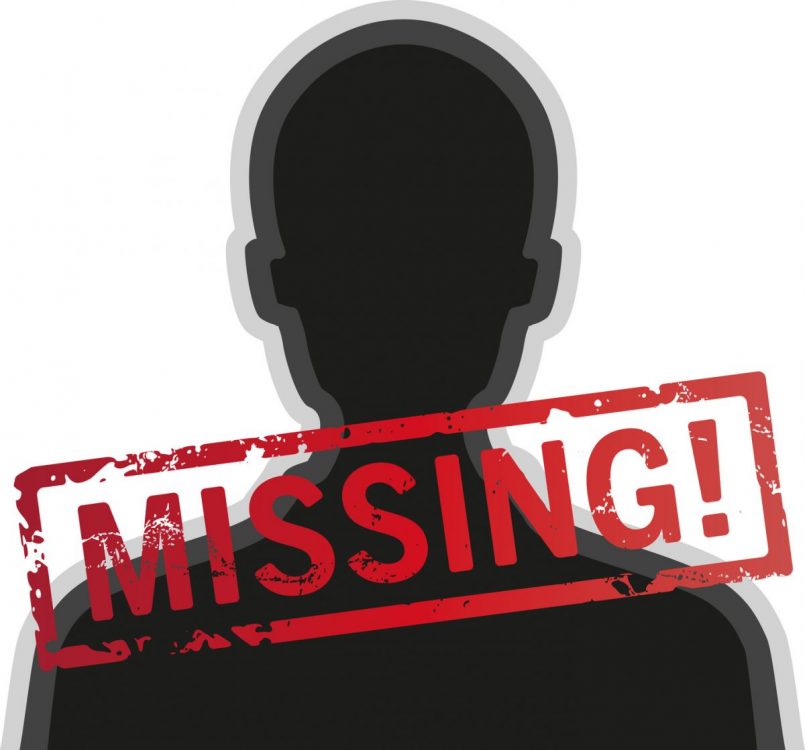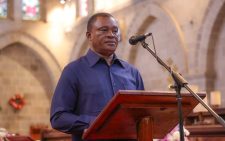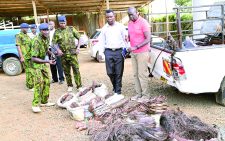Mwangangi: 12m Kenyans lined up for Covid jab
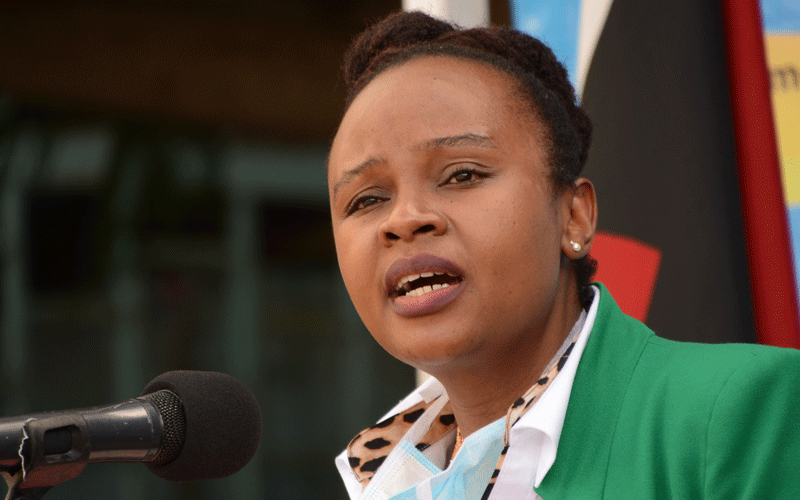
An estimated 12 million Kenyans will be in line to receive the first round of the Covid-19 jab by end of next month as the government races against time to finalise procurement and distribution of the vaccine.
Speaking in Nairobi yesterday, Health Administrative Cabinet Secretary (CAS) Dr Mercy Mwangangi assured Kenyans that the government was on course to roll out the vaccine by end of February.
The government has already ordered 24 million doses of the vaccine, Dr Mwangangi stated.
“In terms of the big question on when the vaccine will start… unfortunately I do not have a date for it but I have a tentative month, around end of February we are seeing the potential of having to roll out the vaccine,” she said.
To hasten the process, the government had directed the Pharmacy and Poisons Board to expedite the approval process for the vaccines to be used locally.
Sources at Afya House told People Daily that Kenya had paid Sh10 billion to Covax, through the United Nations Children’s Fund (Unicef), which is spearheading procurement and delivery of Covid-19 vaccines for 92 low-and lower middle-income countries, in collaboration with the Pan American Health Organisation (PAHO).
Covax facility is a global initiative aimed at bringing together governments and manufacturers to ensure eventual Covid-19 vaccines reach people in greatest need wherever they are.
Kenya is among 169 members of Covax. Whereas Covax facility will oversee accessibility of the jab, the Global Alliance for Vaccine Initiative (GAVI), which has contracted Unicef, will be responsible for procurement and distribution.
Sources said once the vaccines arrive in Kenya, priority will be given to frontline health workers, individuals with co-commodities (existing illnesses) and those above 58 years.
After the three groups, the next batch will include police officers, teachers and other government officers whose jobs entail direct interaction with the public.
Yesterday, however, Mwangangi explained that vaccines developed so far have not been tested on children and as such they will not be included in the first batch of beneficiaries.
Potential risk
“All vaccines are candidates… the Pfizer and Moderna vaccines are yet to start trials on children, which means as we start, there is no vaccine family that will be available for children.
We will not run to try and vaccinate our children because we deem them to be low potential risk,” said Dr Mwangangi, who spoke during a meeting with education stakeholders in Nairobi.
She said the government targets more than 500,000 healthcare workers including doctors and nurses.
Other categories of frontline workers include more than 300,000 teachers, about 100,000 police officers and an unspecified number of Kenya Defence Forces personnel and National Intelligence Service officers.
Mwangangi noted that as much as there will be no vaccine for children, teachers have been prioritised to receive the jab.
Other Kenyans lined up for the vaccine are those with chronic conditions, estimated at five million, as well as those aged 50 years and above, though this will be based on availability of vaccines.
“We have had questions on whether children with chronic conditions will get the vaccine; that will only be possible after the trials are finalised in terms of the vaccine candidate.
As of today (Wednesday), only Moderna and Pfizer have started, AstraZeneca are in the process of trying to regroup their trial to get more children in,” she added.
The cost of a dose ranges from Sh335 to Sh5,000 ($3 to $37) depending on the manufacturer.
A dose of Moderna is expected to cost about Sh2,788 ($25), adding up to Sh5,577 ($50) for a full dose per patient.
Pfizer and BioNTech, which will also be given in two doses, is expected to cost Sh2,175 ($19.50) per dose, translating to Sh4,350 ($39) for a full dose per patient.
AstraZeneca, which is expected to be the cheapest, will cost between Sh330 and Sh440 ($3 to $4), translating to about Sh700 and Sh900 per patient for a full dose.
Johnson&Johnson will cost Sh1,115 ($10) for two doses while Novax’s two-dose could go for Sh1,780 ($16) per patient.
Efficacy rate
Covax and GAVI will determine the type of vaccine supplied to a country.
China has also approved its first Covid-19 vaccine, made by State-owned firm Sinopharm.
Medical agency stated its vaccine had at least 79 per cent efficacy rate, way above the accepted standard of 50 per cent.
Reports indicate the approval was conditional, a situation that would see Sinopharm continue collecting data on the vaccine and its effects.
The Chinese-based vaccine requires two injections, with the medical agency behind it saying it has been conducting clinical studies at home and in Egypt, Morocco, Jordan, United Arab Emirates, Bahrain, Peru and Argentina. President Uhuru Kenyatta has previously asked the Health ministry to shop for Covid-19 vaccines from China.
There have been reports of growing frustration among developing countries since most of the Western manufacturers had sold billions of doses to rich nations.
Health Cabinet Secretary Mutahi Kagwe said in December, that the President had given a go-ahead to extend the search further to the East.
“While (Kenya Medical Research Institute) Kemri continues to collaborate with AstraZeneca and Oxford University in the trials for this vaccine, the government remains open to other collaborative opportunities,” he said.
“In this regard, Kemri will collaborate with researchers from other countries such as South Korea, India, Singapore and China.”
Yesterday, Kagwe said there are three sources of vaccines, the first one being the government order, which has already been placed.
The second source will be CDC Africa, which has a purchasing platform for vaccines to be supplied from a system organised by African countries, essentially through CDC in Addis Ababa, Ethiopia.
The third possible source will be the private sector. AstraZeneca has private sector participants who are acting on their own
“Provided it is World Health Organisation and government approved let this effort be both a government and a private sector approach, just like the rest of healthcare in the country,” he said.
